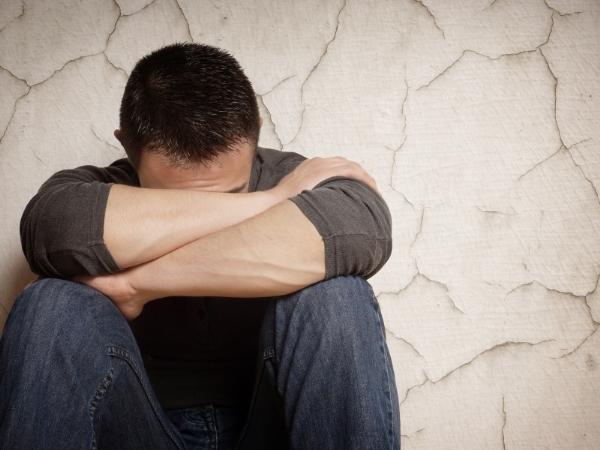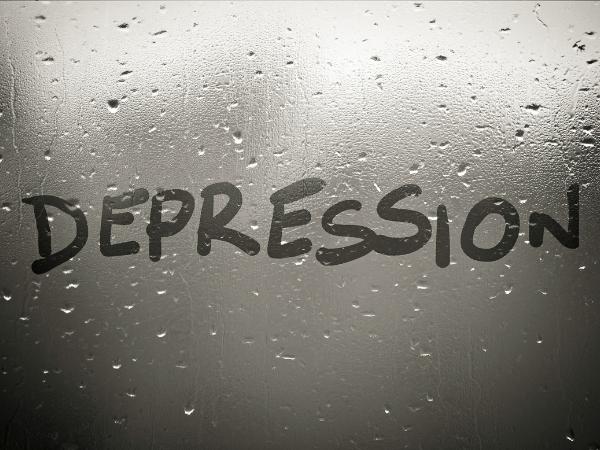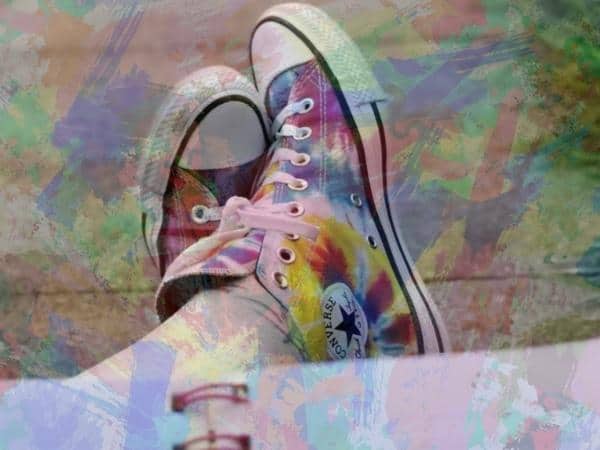What is the mental health portfolio and how can it help you?
This is a guest post from a fellow blogger Annalisa, who wanted to share with you some tips which may help you with any mental health difficulties you have at the moment whether they are diagnosed or not. It is a strategy that was born from her own personal experience which she shares with you below.
Trigger warning: mention of suicide

Annalisa’s story
In 2016 my life fell apart. Literally
It had been brewing for some time anyway. I had been suffering from depression on and off for 7 years by then, and in 2015 I reached a tipping point when, in the space of a single week, I was involved in 3 highly traumatic experiences. I managed to soldier on for a year after that and even gained a promotion.
When you are starting from the point of an already full cup and more liquid is added it is only so long before you overflow. In my case, it led to me sitting in a car, in the car park of a local shop, in April of that year, in a highly manic state and with a packet of pills in my hand.

Getting diagnosis’
I was diagnosed with PTSD and Bipolar Disorder, as well as some possible traits of Borderline Personality Disorder. I wish I could tell you it was solved at that point. But in truth, I was an utter train wreck for the next three years. I had two voluntary psychiatric admissions as well as two serious attempts to take my own life. I was medically retired from a nursing career I had dedicated 20 years of my life to.
I was, in short, a mess. Happily, though, I have now been stable for two years. I have a diagnosis of Autism added in 2020, but this has proved positive. I’m no longer the weirdo I thought I was. I can embrace who I really am, I’m unashamed of my experiences and nowadays I am a vocal advocate for awareness of the mental illness, removal of stigma and better mental health services. I tell my story so others don’t have to live the same experiences.

Therapy and learning skills
I was under psychology for a pretty long time, including Dialectical Behaviour Therapy for my Bipolar and BPD. It proved ‘interesting’ some days but gave me so many life skills and alternatives to my previously self-destructive ways. And, whilst in a one-to-one psychology session one rainy Thursday, I was struck by a sudden hit of inspiration.
With fibromyalgia and multiple medications, I find sometimes my memory can be self-limiting. I can struggle to remember the acronyms we were taught during therapy, and which of them you use at a given time. As I had discussed my progress with my psychologist over the previous year we touched upon this topic of remembering skills a few times.
After all, it can be hard to remember multiple acronyms at the best of times, let alone in times of crisis. I still have times when I wish I had something more tangible for times of crisis. That week I hit upon the idea of the Mental Health Portfolio.

How my experiences can help you
Whether this is a new idea, a reckoning of my own or an existing one, or I am merely teaching people the obvious I am not wholly sure, but it was enough to excite and galvanise me so I felt sharing it with others who may benefit from it was more than appropriate.
The idea actually comes from the premise that I was (am) not currently in crisis and have clear thought processes. This makes for the ideal time to prepare me for the times when I am not so clear-headed, as trying to implement an idea during these times is usually disastrous.
I am currently in a place where I have the ability to plan ahead. I am also in a certain productive time at the moment which is helpful. I was discussing with my psychologist that the previous week had gone very well for me but I was aware of some tough times coming up. She asked me how I could use the place I was in now, to prepare me for what could occur later.

What is the mental health portfolio?
It suddenly occurred to me that during a time of crisis, even though I have some of the most supportive people around me I could hope for, their voices often struggle to drown out the one in my head feeding me lies. It is all subjective after all when you think you are simply being told what they think you want to hear.
So I wondered, what if I removed the subjective element of it to give me a more objective reasoning tool?
This is the Mental Health Portfolio.
The idea is pretty simple but does involve ongoing work to make it the best possible tool. The portfolio itself could take a number of forms. That’s one of the great things about it.
I’m not sitting here telling you that you have to fill it in a certain way. You could use a folder like a ring binder, digital files, a scrapbook or even simply a box. It is what you choose to make it. Then you fill it over time with the reasons that you are not what the lies in your head tell you. For example:

Personal achievements
In my case, I am a writer and photographer. I add blogs to it that have been published for the days when I feel like a failure, a copy of my book reviews, or printed-out screenshots of some of the photos I have put on my Facebook and the comments I have received.
The portfolio is versatile as you can tailor it to your life so if you are in a different place work-wise, or need to be not working right now, look at what you achieve day-to-day while you are objective enough, to be honest, and include it.
Write yourself a letter on a good day to explain why you are having a good day, and what you did to make it that way. Or if you manage to do something that is tangible by your standards include the proof.
I suffer from social anxiety so I personally include pictures of me speaking to people at open mic nights. Or I could simply list how many times I have dragged myself back from the brink to prove to myself how much I have overcome and ask what that actually says about me. Write that down to include it.
On the days I think I can’t there is proof that I can, and did. There is a wide scope to this and the only person it has to be measured by is yourself, as you are the person it is meant for.

Relationships
If you are more inclined to forget what an amazing person you are to those who love you during a bad time you could print photos of the times you are having together, and ask the other person to write a short note about how they felt that day for you to put in the book or box with the photo.
Or simply ask those who love you for some advance help with the bad times by writing down all the reasons you mean something to them.
Again I probably only have a narrow view of this as I can only relate to what would make my portfolio meaningful to me, but seeing those things written down or on something I can hold like a photo gives me the power to argue back with what the inside of my head is telling me.
Photos of me playing with my kids, walking my dog or selfies with my husband tell me I do in fact have happy times, but also I bring happy times.

What else can I put in my mental health portfolio?
Pretty much anything else that you can put in during a time of positive mental health to combat a time of negative mental health.
Think of it as a CV for the times the middle manager* in your brain is trying to give you a hard time.
*(Apologies to middle managers. You guys get the sucky jobs)
Save it all up so you can tell them that you don’t need their hassle anymore and are more than qualified for a new position.
Using the mental health portfolio to help with weight loss
For those of you who are working hard to lose or gain weight, or make your life healthier, it can seem like an unending journey. Put in those photos of where you started.
Alternatively, add in some certificates you have won. If you aren’t in a plan where you get certificates awarded, give yourself one. You lost weight. You rock. Celebrate it. Then keep the evidence.

What I want the mental health portfolio to do for you
I hope this suggestion has not come across as a bad version of being told to have a nice bath or a hot cup of tea when you are depressed.
Bruce Lee used to say that he was not confined by the rules of a single martial arts system but lifted the pieces he knew worked for him from several sources to combine them and create his own way. This is basically what you can do. Like with DBT, I am working on taking what works, discarding what doesn’t, and modifying the rest. That way next time I am in crisis, which hopefully now will be a long time away – if ever, I have a body of objective evidence that I am not only surviving, but thriving in life, and designed in a way that speaks to me personally.
So while I hope it will be helpful to a lot of people, if only 1 person who reads this gets some use out of it I will be content, simply because it is something else I know is tangible and I’ve made a difference. So if this comes to you and makes a difference, let me know 🙂
The Beanie Bard

A note from Jen
If you have found this helpful, and interesting or just enjoyed reading someone else’s experience of mental health do leave a comment below.
